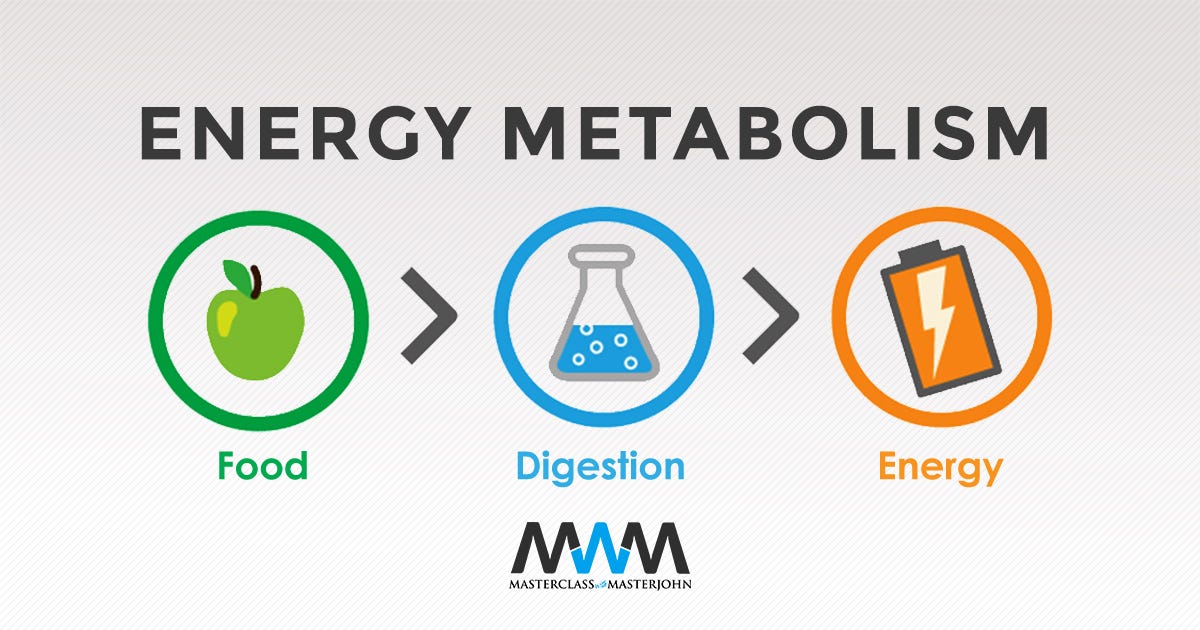I'm excited to announce that Masterclass With Masterjohn Energy Metabolism is finally here!
The class will broadcast for free on YouTube and Facebook Mondays and Wednesdays beginning Monday, April 17. You can join the class now though by signing up for MWM Pro.
With MWM Pro, I give you way more than that: a keyword-searchable index of all the lessons, keyword-searchable videos, transcripts in both web and downloadable PDF format, downloadable audio files, links to a rich array of further reading, and forums to discuss the lessons. You can sign up now or learn more at chrismasterjohnphd.com/pro.


